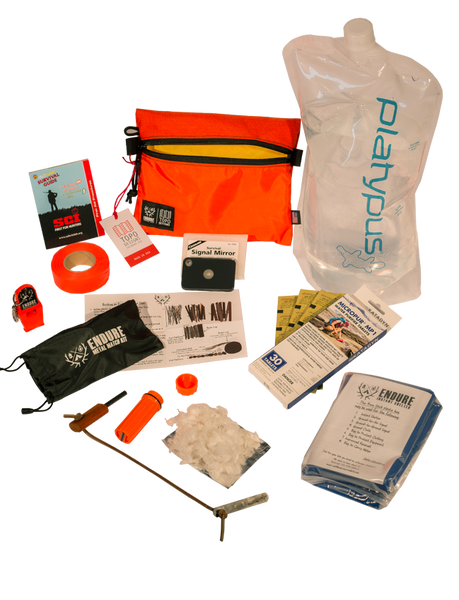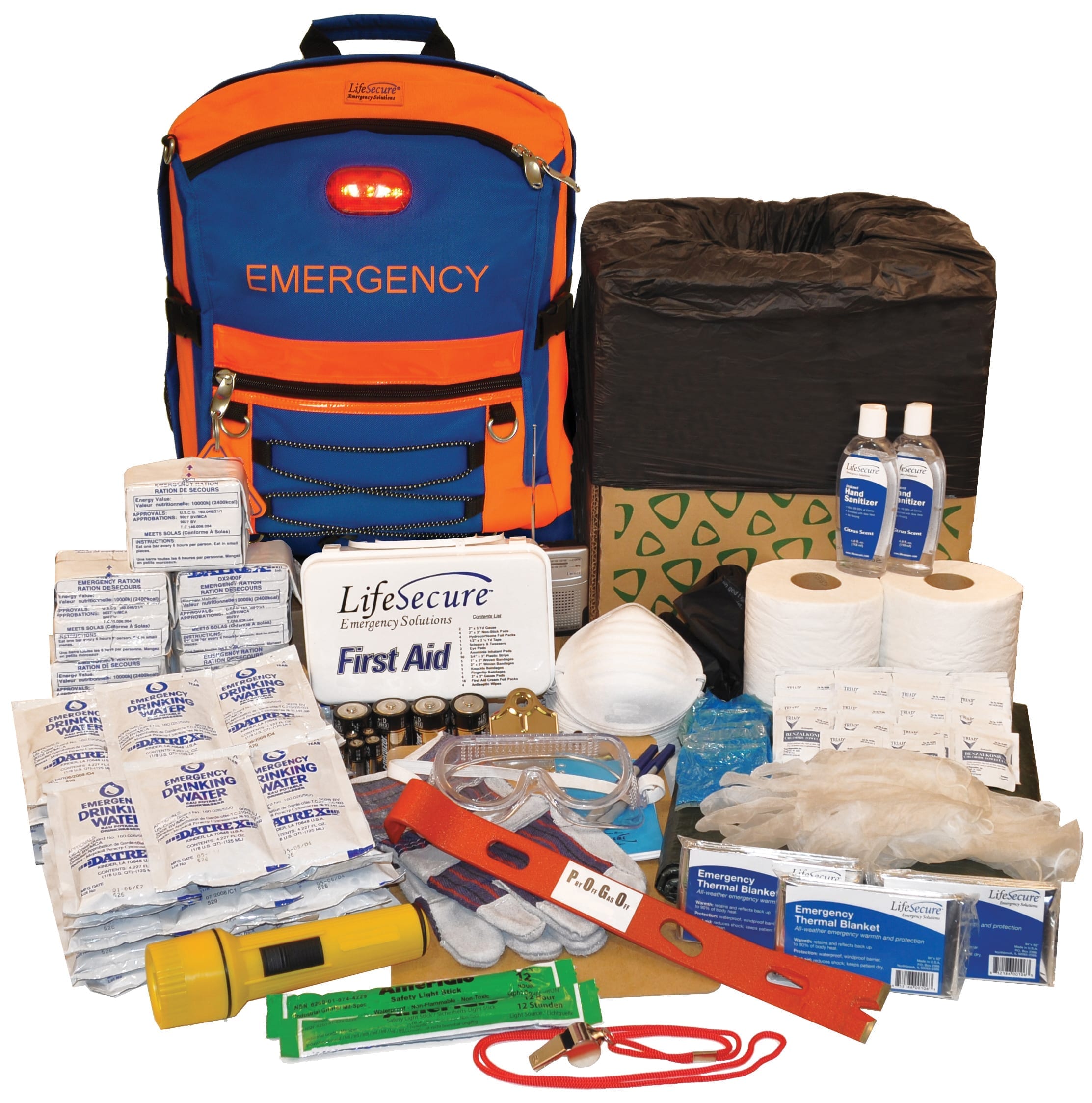Vital Emergency Preparedness Tips for Survival
In today's unpredictable world, being planned for emergency situations is not simply a suggestion however an important need. Guaranteeing your security and that of your loved ones throughout unforeseen crises requires mindful planning and foresight. From constructing a well-appointed emergency kit to developing clear communication channels and discharge paths, there are several crucial actions that can make a considerable difference despite misfortune. By proactively dealing with these key facets of emergency preparedness, you can dramatically improve your chances of survival in tough circumstances.
Structure an Emergency Situation Package

Beginning by consisting of non-perishable food things like tinned items, granola bars, and dried out fruits that have a lengthy rack life and do not call for food preparation. Bear in mind to load a guidebook can opener also. Furthermore, store a minimum of one gallon of water each per day for a minimum of three days in durable containers.
Keep duplicates of crucial documents like recognition papers, insurance policy plans, and emergency contact details in a water-proof container. By assembling a well-balanced emergency situation package, you can much better prepare on your own for unforeseen occasions and increase your opportunities of remaining secure throughout a situation.
Creating a Communication Strategy
Setting up an emergency package with important materials sets a solid structure for readiness; now, transforming to the advancement of an interaction strategy is important for guaranteeing reliable coordination and details dissemination during times of situation. A well-thought-out interaction strategy is important for maintaining individuals educated, connected, and risk-free in emergency scenarios. Begin by developing a chain of communication that includes relative, neighbors, and pertinent authorities. Make sure that everyone recognizes exactly how to reach each other and assign an out-of-town call as a central factor for information sharing. Use numerous interaction approaches such as text, telephone call, social networks, and emergency situation sharp systems to make sure details gets to every person promptly. Practice your communication plan consistently to make certain every person recognizes their duties and duties. In addition, take into consideration aspects like language obstacles, availability demands, and technical restrictions when establishing your communication strategy. A reliable interaction plan can make a considerable difference in taking care of emergency situations effectively and protecting the well-being of all involved.

Establishing Emptying Courses
To guarantee reliable emergency feedback and precaution, establishing clear discharge routes is vital in readiness planning. Emptying paths need to be predetermined and interacted to all people in a given area to make sure a swift and arranged discharge in times of crisis. When establishing emptying courses, it is vital to think about several alternatives to make up different situations, such as fires, floodings, or various other emergencies that might block main getaway paths.
The picked discharge courses should lead to designated risk-free locations where individuals can look for sanctuary and wait for more instructions or assistance (description). These paths should be quickly obtainable and well-marked, thinking about the demands of all people, additional reading including those with specials needs or mobility restrictions. Normal drills and practice runs along these emptying courses can aid familiarize people with the getaway courses and ensure an extra reliable evacuation procedure throughout real emergencies
Along with physical discharge paths, it is essential to have different communication approaches in position to relay discharge instructions and updates efficiently. By developing and consistently assessing emptying routes, communities can boost their general emergency situation readiness and feedback capacities.
Learning Basic First Aid
One essential facet of emergency situation readiness is obtaining understanding in standard initial help treatments. In times of crisis or disaster, being able to supply prompt medical aid can make a considerable difference in saving lives. Knowing basic emergency treatment furnishes individuals with the skills to respond and assess to medical emergency situations and typical injuries efficiently.
Basic initial aid training usually covers important strategies such as CPR, wound treatment, bandaging, splinting, and acknowledging signs of shock or respiratory distress. you can try here. Comprehending exactly how to provide these fundamental interventions correctly can stabilize an individual's problem up until expert medical help arrives
Moreover, having a basic emergency treatment package conveniently offered is important in emergency situation circumstances. The kit should include important supplies like plasters, disinfectant wipes, gauze pads, sticky tape, tweezers, handwear covers, and scissors. Recognizing just how to use these items properly can protect against infections, quit hemorrhaging, and supply convenience to those in requirement.
Securing Important Documents

Conclusion
Developing an emergency situation kit, creating a communication plan, establishing discharge routes, discovering fundamental initial aid, and securing crucial records are essential actions to take. It is vital to focus on emergency preparedness to guarantee preparedness for any kind of possible crises that may occur.
From setting up a well-equipped emergency kit to establishing clear communication channels and emptying paths, there are numerous critical actions that can make a significant distinction in the face of adversity.To guarantee effective emergency reaction and security steps, establishing clear evacuation routes is critical in preparedness planning. When developing discharge courses, it is crucial to take into consideration numerous choices to account for different circumstances, such as fires, floods, or other emergencies that may obstruct key retreat paths.
Routine drills and practice runs along these evacuation routes can aid acquaint people with the escape courses and make certain an extra effective emptying process throughout actual emergencies.
Building an emergency situation set, developing a communication strategy, establishing evacuation courses, discovering basic first help, and protecting important records are essential actions to take.
Comments on “Plan, Prepare, Prevail: Emergency Preparedness for Today's Challenges”